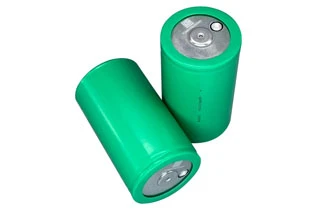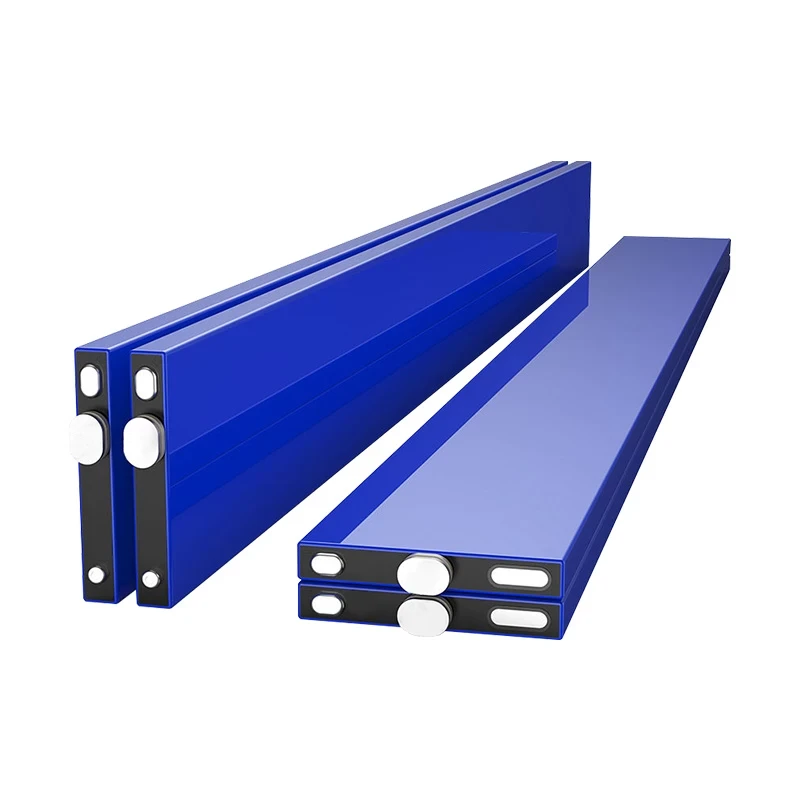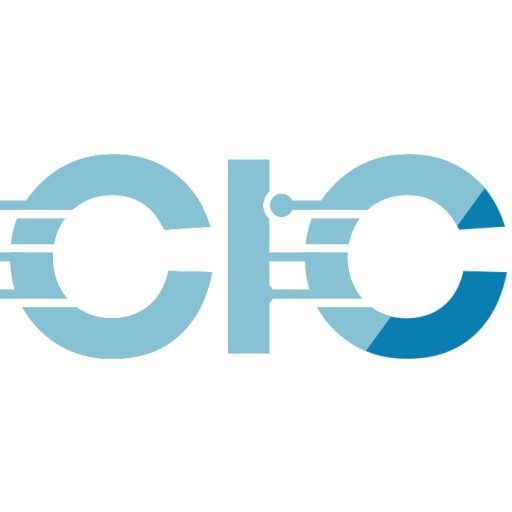Lithium battery is a battery that uses lithium ions to move between positive and negative electrodes to store and release electrical energy. It is a high energy density rechargeable battery commonly used in various portable electronic devices, electric vehicles and energy storage systems.
Technical principle and structure:
Lithium battery uses the movement of lithium ions between positive and negative electrodes to store and release electrical energy. Its basic structure includes positive electrode (usually lithium compound, such as lithium cobalt oxide, lithium iron phosphate, etc.), negative electrode (carbon material) as well as electrolyte and separator. The conversion and storage of electrical energy are achieved through the movement of lithium ions during charging and discharging.
Advantages:
- High energy density and lightweight: lighter and smaller than traditional lead-acid batteries, with higher energy storage capacity.
- Long cycle life: Compared with other types of batteries, lithium batteries have longer cycle life and lower self-discharge rate.
- High efficiency: high charging and discharging efficiency, capable of fast charging and releasing of electrical energy.
Lithium battery type:
The name comes from its specifications of 46 mm in diameter and 80 mm in length. The batteries are designed to improve the performance and range of electric vehicles while reducing manufacturing costs and increasing production efficiency.
Another 46120 lithium battery. Among them, the 4680 battery is a capacity type battery, while the 46120 lithium battery is a rate type battery.
BYD's blade battery is a new type of lithium iron phosphate battery technology, which features a long and thin battery shape like a blade. This design allows the batteries to be arranged in a matrix and directly integrated into the battery pack through CTP technology.
The performance of this battery is comparable to that of the 811 ternary lithium battery, but the cost is lower than that of the ternary lithium battery. Its advantages are high safety, long life and low cost. Its energy density reaches 180wh/kg, and the volume has increased by nearly 50% compared with the previous generation of BYD batteries, which greatly improves the overall endurance of the vehicle.
Application of lithium batteries:
Electronic products: Lithium batteries are the main power source for electronic products such as mobile phones, tablets, and laptops. Due to their high energy density and long life, these devices can be lighter and last longer.
Power tools: Lithium batteries are widely used in power tools such as electric drills and electric saws. They are lighter, easier to use, and have better performance than traditional nickel-cadmium batteries.
Electric vehicles: Lithium batteries are a key energy source for electric vehicles and electric bicycles. They can provide efficient energy conversion, help reduce vehicle weight and increase driving range.
Energy storage systems: Lithium batteries are used in energy storage systems, such as home energy storage systems and grid energy storage facilities. These systems can balance the load of the power grid, improve the utilization of electricity, and support the integration and utilization of renewable energy.
Aerospace and military applications: Lithium batteries are also widely used in spacecraft, satellites, and military equipment. Due to their lightweight, high energy density, and long-term stability, they can meet the needs of extreme environments.
In general, lithium batteries play an important role in many fields of modern society with their excellent performance characteristics, and are one of the important options to replace traditional batteries.
For more information and updates, please visit our website:ciclibattery.com





